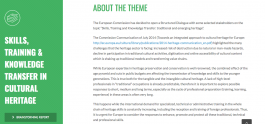


–Contributor
The European Commission has decided to open a Structured Dialogue with some selected stakeholders on the topic “Skills, Training and Knowledge Transfer: traditional and emerging heritage”.
The Commission Communication of July 2014 highlighted the many challenges that the heritage sector is facing: increased risk of destruction due to natural or man-made hazards, decline in participation in traditional cultural activities, digitisation and online accessibility of cultural content which is shaking up traditional models and transforming value chains.
Therefore two meetings (a brainstorming and a dialogue) will be held in 2017 to discuss these topics. The dialogue will be structured around the following main questions; however it will be open to participants to propose additional or different issues to focus on during the meetings and in the final report of the process:

—What are the boundaries of “traditional” and “emerging” (tangible, intangible and digital) heritage professions?
—What are the current challenges in the transmission of traditional knowledge faced by the heritage sector? Could you provide examples of how these challenges have been addressed and overcome by the cultural sector?
—What are the skills and training needs related to the “emerging” professions, including those concerning the digital shift? Could you provide examples of how these needs have been faced by the cultural sector?
—In what way is the sector professionalised? What structures are currently in place to deliver professional practitioners in the heritage sector?
—What is needed to enhance/develop capacity-building for cultural heritage and professionals?
Find the report here.
A Structured Dialogue with the European Union, 2017
back to top
Skills, Training
and Knowledge
Transfer:
traditional and
emerging heritage
voicesofculture.eu
–Contributor
The European Commission has decided to open a Structured Dialogue with some selected stakeholders on the topic “Skills, Training and Knowledge Transfer: traditional and emerging heritage”.
The Commission Communication of July 2014 highlighted the many challenges that the heritage sector is facing: increased risk of destruction due to natural or man-made hazards, decline in participation in traditional cultural activities, digitisation and online accessibility of cultural content which is shaking up traditional models and transforming value chains.
Therefore two meetings (a brainstorming and a dialogue) will be held in 2017 to discuss these topics. The dialogue will be structured around the following main questions; however it will be open to participants to propose additional or different issues to focus on during the meetings and in the final report of the process:

— What are the boundaries of “traditional” and “emerging” (tangible, intangible and digital) heritage professions?
— What are the current challenges in the transmission of traditional knowledge faced by the heritage sector? Could you provide examples of how these challenges have been addressed and overcome by the cultural sector?
— What are the skills and training needs related to the “emerging” professions, including those concerning the digital shift? Could you provide examples of how these needs have been faced by the cultural sector?
— In what way is the sector professionalised? What structures are currently in place to deliver professional practitioners in the heritage sector?
— What is needed to enhance/develop capacity-building for cultural heritage and professionals?
Find the report here.
A Structured Dialogue with the European Union, 2017
back to top